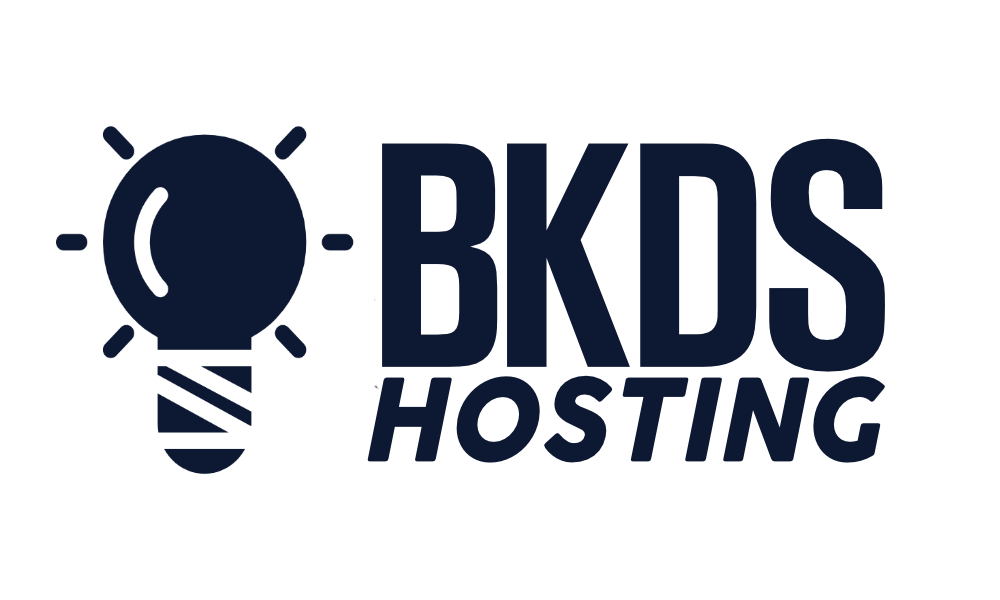In an era where digital presence significantly influences business outcomes, the importance of uptime for small business websites cannot be overstated. Uptime, the measure of time a website remains accessible and operational, is paramount for ensuring continuous customer interaction and maintaining a positive brand image. When a small business website experiences downtime, the results can range from minor customer inconvenience to severe reputational damage and loss of revenue. Furthermore, search engines favor websites with consistent uptime, affecting the site's visibility and ranking. However, maintaining optimal uptime requires a nuanced understanding of different factors, from choosing a reliable hosting service to effective monitoring strategies. Therefore, a deeper exploration of this topic is warranted for small businesses seeking to enhance their online presence and performance.
Understanding Website Uptime

To comprehend the imperative nature of website uptime for small businesses, it is essential to understand that a high uptime not only sustains customer trust and loyalty, but also significantly influences the overall success of online operations and SEO performance. In the intricate world of online business, maintaining high uptime is a critical factor.
The high uptime percentage is a reflection of the website's reliability, directly affecting the user's experience and the company's reputation. Any website downtime can have severe long-term consequences on brand reputation and customer relationships, making uptime monitoring tools indispensable for small businesses.
Understanding website uptime involves analysing the technical aspects that ensure a website is accessible to users around the clock. It involves monitoring server response times, identifying potential errors, and promptly resolving them to avoid performance degradation.
High uptime ensures effective website performance, leading to better visibility on search engines and, subsequently, increased traffic. Conversely, downtime can lead to lower SEO rankings, adversely affecting the digital presence of a small business.
Impact of Downtime on Businesses
While understanding website uptime and its influence on a business's digital success is critical, it is equally important to acknowledge the potential ramifications of downtime on business operations and customer relationships. For a small business, downtime can lead to lost opportunities, customer dissatisfaction, and damage to brand reputation.
The impacts of downtime on businesses can be categorised into the following key areas:
- Customer Trust and Loyalty: Frequent or prolonged downtime can erode customer trust and loyalty, as customers depend on reliable online services for their needs.
- Brand Reputation: Businesses risk damaging their brand image and reputation if their hosting is not reliable, resulting in frequent downtime.
- SEO Rankings: Downtime can negatively affect SEO rankings, leading to reduced visibility and potential revenue loss.
Employing Website Monitoring and Uptime Monitoring services can help businesses detect and address issues promptly, minimising downtime. Additionally, selecting a Reliable Hosting provider ensures uninterrupted service, maintaining customer satisfaction and loyalty. In the digital age, uptime is not just a technical concern; it's a critical aspect of customer service and business success.
Uptime and SEO Relations

In the complex realm of Search Engine Optimization (SEO), the importance of website uptime cannot be overstated, as it plays a significant role in maintaining and improving a website's SEO performance. High uptime is indicative of a reliable site, which search engines value highly. Contrarily, a site that frequently goes offline (Site Goes) can be perceived as unreliable, leading to lower SEO rankings.
Monitoring the uptime is a crucial task for small businesses. By choosing the right monitoring services, businesses can ensure 24/7 availability for their customers and SEO. An uptime of 99.99% (the coveted 'five nines' or 58) can significantly boost a website's SEO performance.
| Uptime and SEO Relations | Small Businesses | 58 |
|---|---|---|
| High uptime boosts SEO | Reliability for customers | Sought-after goal |
| Site Goes Offline | Loss of trust | SEO rankings drop |
| Search Engines | Value high uptime | Website rankings improve |
| Monitoring Services | Crucial for SEO | Choose the right tool |
| Uptime is a Crucial Factor | Direct impact on profits | Ensure 24/7 availability |
Choosing Quality Hosting Services
Building on the importance of uptime for SEO performance, selecting a top-tier hosting service emerges as a crucial strategy for small businesses, as it directly contributes to high uptime, thereby enhancing customer trust and loyalty. Quality hosting services not only ensure high uptime but also protect the long-term brand reputation and customer relationships that can be negatively impacted by downtime.
Choosing quality hosting services involves several key considerations:
- Scalability and adaptability: As your online presence grows, your hosting solutions must be able to adapt to changing requirements.
- Proactive monitoring: This includes the use of Content Delivery Networks (CDN) and uptime monitoring tools to prevent negative SEO performance impacts.
- Customer support: Look for web hosting services that offer 24/7 customer support, such as Hostek's 99.999% uptime guarantee.
Implementing Uptime Monitoring Software
To ensure optimal uptime for their websites, small businesses must strategically implement uptime monitoring software, a tool that provides real-time alerts about site status, enhances proactive monitoring, and aids in early detection and resolution of issues potentially impacting SEO. Implementing this software ensures the website is consistently available, thereby safeguarding the brand's reputation and delivering a seamless user experience.
That's where uptime monitoring software comes into play, acting as an invaluable asset to preemptively address issues before the site experiences downtime. Thus, it's crucial for businesses to choose the right software that caters to their unique needs and fits into their budget.
| Crucial Actions | Benefits |
|---|---|
| Implementing uptime monitoring software | Real-time alerts, proactive issue detection |
| Consistent website availability | Safeguarding brands reputation |
| Early resolution of potential issues | Preventing SEO impact |
| Delivering seamless user experience | Promoting customer satisfaction |
Make sure the selected software can deliver on these fronts. The goal is to ensure that every potential customer who visits the site has an uninterrupted, positive experience. This requires regular monitoring, proactive issue resolution, and the strategic utilization of tools like a Content Delivery Network (CDN) to optimize performance.
Conclusion
In conclusion, website uptime is an indispensable factor for small businesses, impacting customer trust, brand image, and SEO performance. Any downtime can cause significant detriment, potentially leading to customer loss and negative publicity. Thus, the selection of a reliable hosting provider and the utilization of proactive uptime monitoring software are vital to ensure optimal website performance. Ultimately, maintaining high uptime is a strategic necessity for enhancing business success and competitive edge in the digital marketplace.

